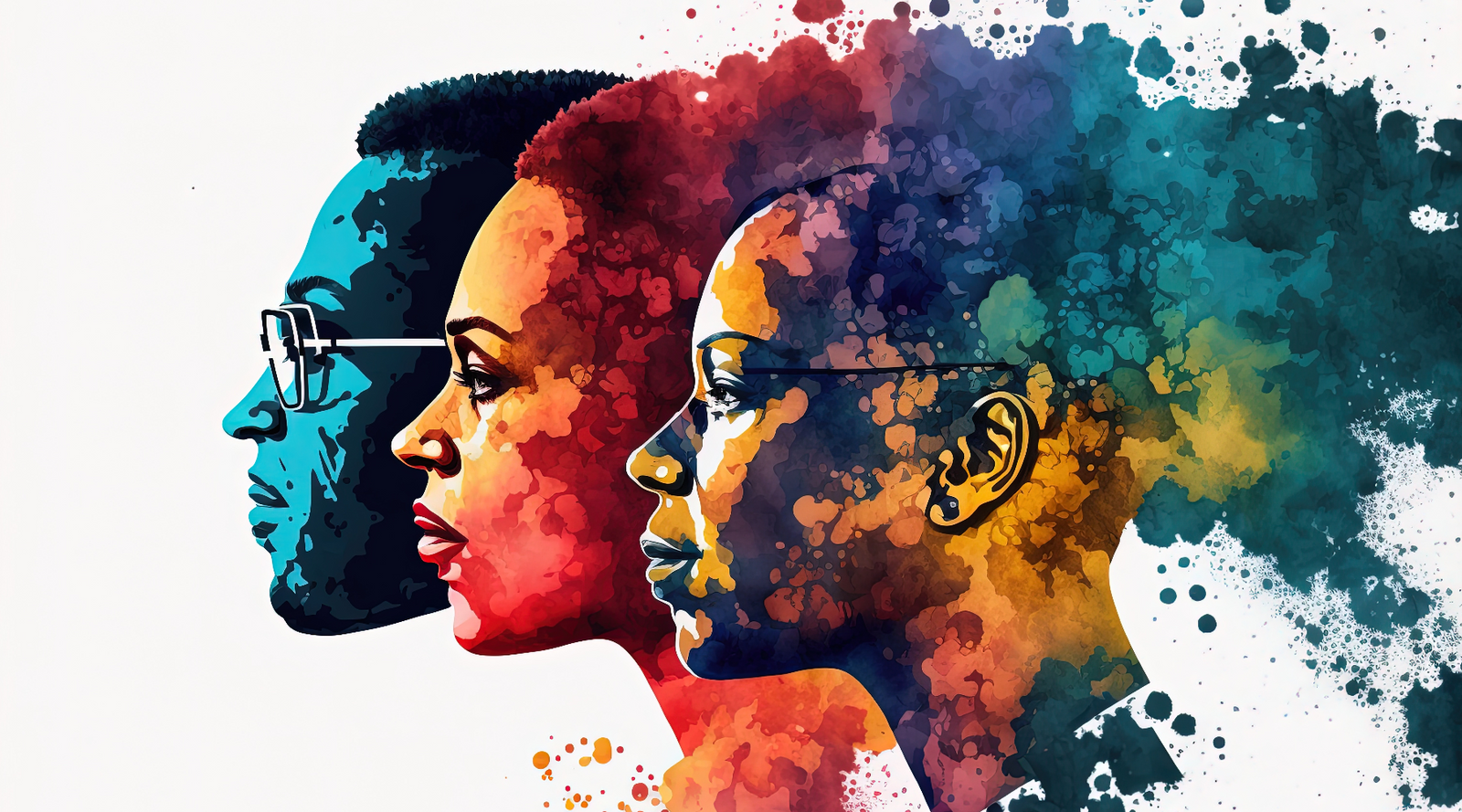Black History is American History: The Benefits of Racial Literacy

Black History Month is a time to celebrate the contributions and accomplishments of African Americans, but it is also a time to reflect on the ongoing struggles for equality and justice. One way that we can celebrate Black History Month is to enhance our racial literacy resulting in more meaningful and authentic conversations about race, racism, and culture.
What is Racial Literacy?
Sesame Street in Communities defines racial literacy as:
- the knowledge, skills, and awareness needed to talk thoughtfully about race and racism; this naturally includes having a rich vocabulary including terms such as race, racism, prejudice, ally, upstander, and so on.
- the ability to identify racism when it happens
- having strategies to counter or cope with racism
- understanding the role racism plays in society
Racial literacy equips us with the understanding to recognize the historical and ongoing impact of systemic racism, as well as to better appreciate the experiences and perspectives of individuals from different racial backgrounds. This is crucial in creating a more inclusive and just society.
Why is Racial Literacy Important?
Enhancing racial literacy has many benefits, not the least of which is improving intellectual wellness. When we expand our understanding of race and racism, we broaden our perspectives, challenge our own biases, and gain the ability to engage in more meaningful and productive conversations about these critical issues. This leads to a more informed and engaged population and helps to promote growth and development on both a personal and societal level. It is important to note that we all have biases that may contribute to perpetuating systemic racism against individuals, groups, or communities. Acknowledging, owning, and addressing our biases enable us to work toward creating a more just and equitable world.
Racial literacy can help to promote unity and understanding between different racial groups. When individuals engage in meaningful conversations about race and racism, they are better able to understand and appreciate the experiences of others. This can help to break down barriers and promote a more harmonious and inclusive society.
How does Black History Month Promote Racial Literacy?
When we honor the history of all individuals, we are promoting racial literacy. As we celebrate Black History, we must recognize it is also American History, and as such, it is relevant to all individuals, regardless of their racial background. By gaining a deeper understanding of Black history and culture, individuals from all backgrounds can broaden their perspectives and gain a greater appreciation for the diverse experiences and contributions of African Americans.
Racial literacy improves society by promoting greater representation and visibility for people of color. When individuals understand the experiences of people from different racial backgrounds, they are more likely to recognize and value the contributions of individuals from these communities. This can help to promote greater diversity and representation in all areas of society, including politics, media, and the workplace.
What is the Link between Racial Literacy and Intellectual Wellness?
Another benefit of racial literacy is that it can stimulate intellectual curiosity resulting in enhanced intellectual wellness. Discussions related to race and racial relations are often difficult and conjure up a host of emotions. Yet, our ability to move forward as a society is dependent on our willingness to tackle these thorny, tough conversations and to do so in a manner that leads to greater understanding and hopefully reconciliation. Individuals committed to intellectual wellness may be in a better position to embrace the concept of racial literacy. Why? Because being more curious about others may help us engage in more meaningful and authentic conversations about race and culture – the past, present, and future state. Intellectual wellness may help to foster empathy and understanding of diverse cultures and experiences, which is essential to engaging in meaningful dialogue. By understanding the history and experiences of people of color, people can gain a better understanding of the struggles they face and the impact these struggles have on their lives.
Conclusion
By expanding our racial literacy, we can all play a role in creating a more just and equitable world. Racial literacy can also help to reduce prejudice and discrimination, as it encourages people to engage in meaningful dialogue and to take steps to address systemic racism. It also helps to foster a sense of community and connection, as people come together to understand one another and work towards a more equitable society. One of the ways that we can build the societal muscle of racial literacy is by understanding and celebrating Black History Month.
Black History Month is an opportune time to reflect on the ongoing struggles for equality and justice and to celebrate the contributions and accomplishments of African Americans. Enhancing racial literacy is a crucial step in this process, as it helps individuals to understand and challenge systemic racism, and to promote cross-racial understanding and a more inclusive society. Black History is American History, and it is relevant to all individuals, regardless of their racial background.


Leave a comment